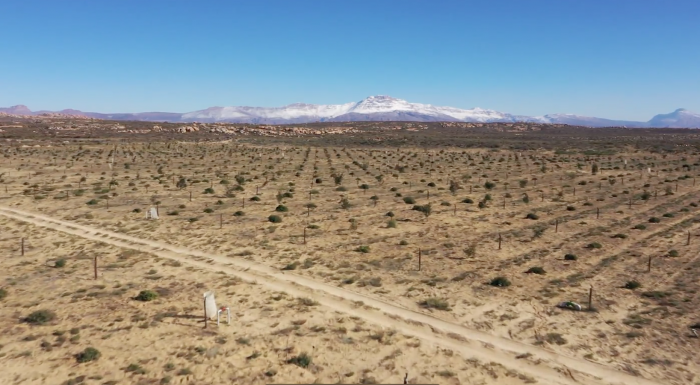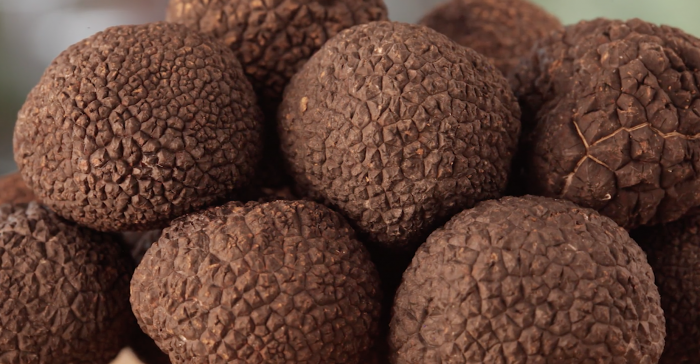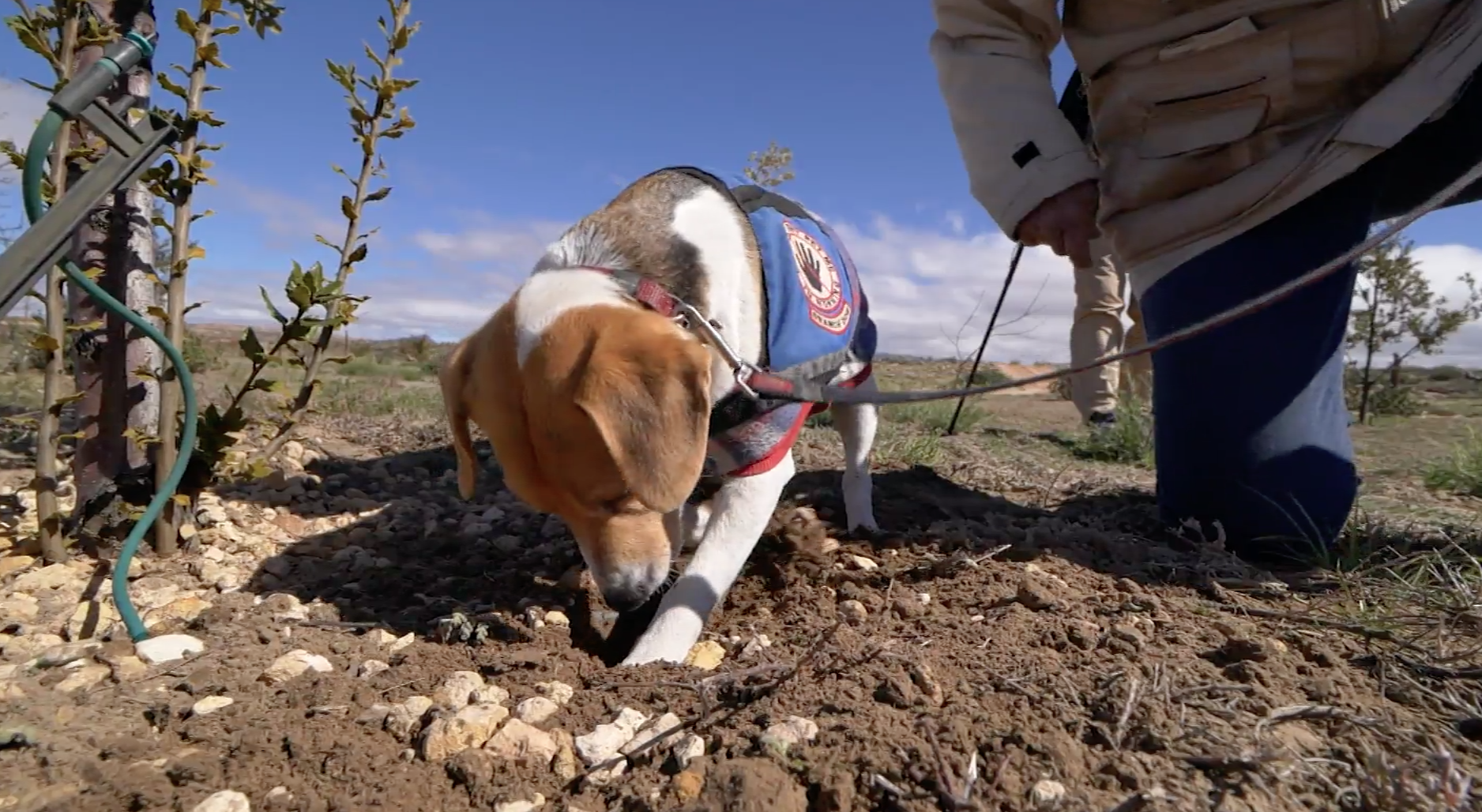CNN International’s Eleni Giokos explores the growing truffle market in South Africa. She discovers how the industry has fared during uncertain times and learns about the lucrative opportunities truffles present for the future.
Located in the Cederberg Mountains of the Western Cape, ‘Woodford Truffles’ was one of the first truffle producers in South Africa. CEO Volker Miros speaks about harvesting truffles using dogs rather than the traditional truffle pigs, “They go around the field. They spot where the truffle is right, underground, because you can’t see them, the dog smells it. And then you open up that spot that is marked for you and you find the truffle.”
The truffle industry is one that requires established roots, a single truffle can take up to seven years before it is ready to be harvested and sold. Mary-Ann Parr, co-founder of ‘U Can Grow Africa’ discusses the opportunities this yields, “If you’re able to take the 20-year view that says, if we start to grow truffles now with the intention that we are able to scale it up over the next 10, 15, 20 years, that’s the measure of success.”
While the truffle industry in South Africa is still very young, scientists say the country’s potential for significant growth is high. Mycologist Justin Williams explains why, “Here in South Africa, we have places where the soil is of the perfect pH level, which truffles find favourable to grow, and our climate is conducive for it as well.”

Restaurants across the country are keen to support the flourishing truffle industry. Peter Templehof, chef and owner of Fyn Restaurant talks about South African truffles, “Prior to us producing truffles in South Africa, we used to import truffles from Italy, and sometimes France and they were three, four times the price and probably not three, four times the quality.”
While coronavirus shutdowns limited restaurant-buying of truffles, Miros describes how ‘Woodford Truffles’ managed to still sell their entire harvest, “Covid has been a bit of a problem, obviously, because the restaurants where the most truffles get used and eaten are closed. They’re only starting to open again. But what has happened in turn, the people that used to eat the truffles in the restaurant have come directly to us and are buying from us. “

Increasing local farming is key to boosting South Africa’s agricultural model. Parr talks about how truffles fit into this wider economic model, “We grow local, we create economic value locally. And as a result, we reduce our imports, but more importantly, we start to create a momentum that allows us to then be able to supply internationally as well. So, Africa is looking for more contract growing programs and truffles would be one of the high value crops that would just add to the economics in the system.”




